Videos
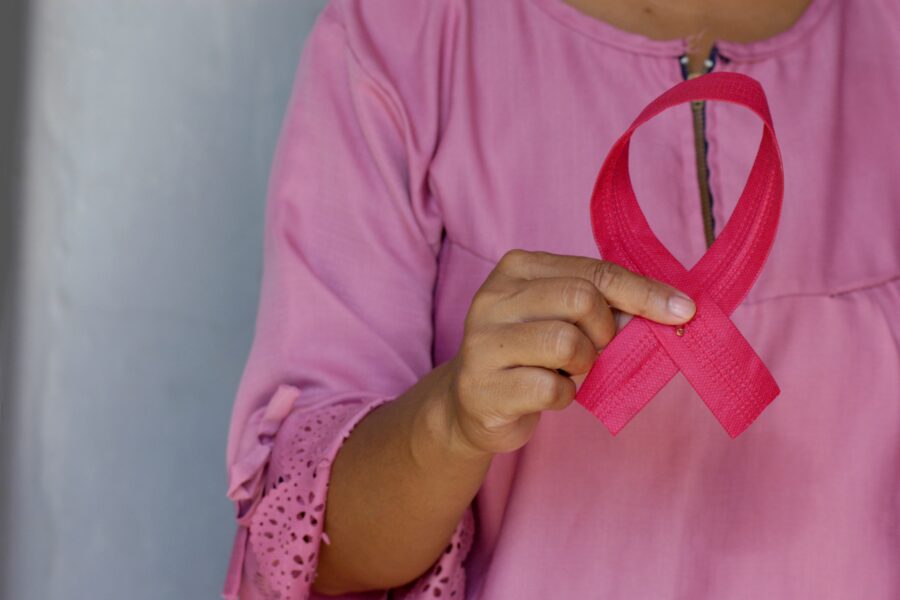
Breast Cancer Staging
Have you ever wondered what breast cancer stages 0, 1, 2, 3, and 4 mean? Click on the video to learn more about breast cancer staging. For additional information, please refer to the Multidisciplinary Breast Cancer Handbook below. Patient Education Materials (Educación del Paciente)

Surgery and Clinical Trials
Diagnosis and treatment of breast cancer has evolved incredibly over the past 50 years. The National Comprehensive Cancer Network guidelines aid physicians and patients in best care practices.

The Breast Cancer Care Team
Get to know the Breast Cancer Care Team and our process.

Breast Cancer Risk and Genetic Counseling
We all know that we can "inherit" traits (like hair color) from our biological parents through genes. Disease, or a higher likelihood of developing certain diseases, like cancer, can also be passed to us by our parents.
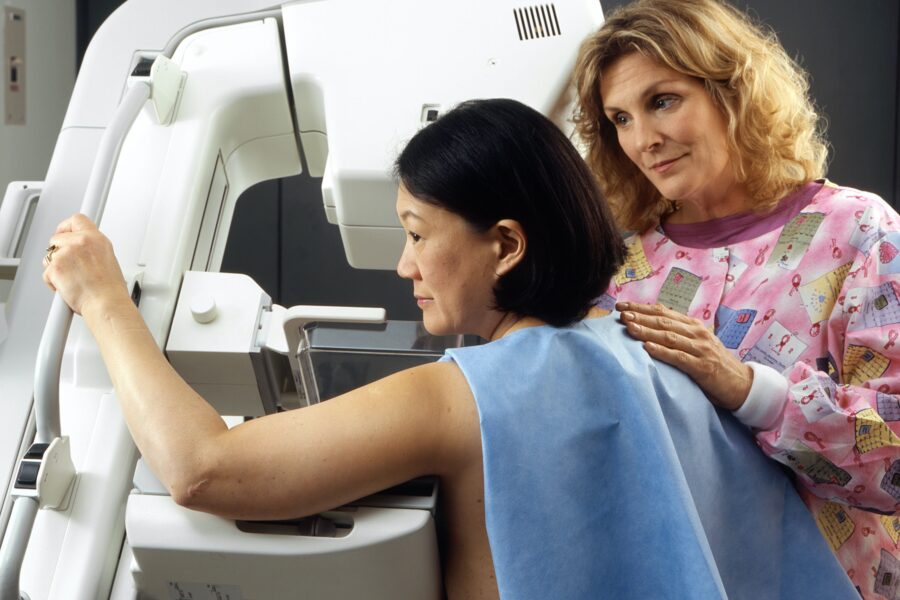
Breast Cancer Screening
What is breast cancer screening and why is it important? Breast cancer screening means detecting cancer before there are any signs or symptoms of the disease. Although breast cancer screening cannot prevent cancer, it can help detect cancer early, when the treatment outcome is more successful. For detailed breast cancer screening guidelines, please visit the […]

Reproductive/Sexual Wellness
Breast cancer is the most common type of cancer among women of reproductive age. Chemotherapy poses a risk of diminished fertility to young patients and many of them seek ways to preserve their fertility.
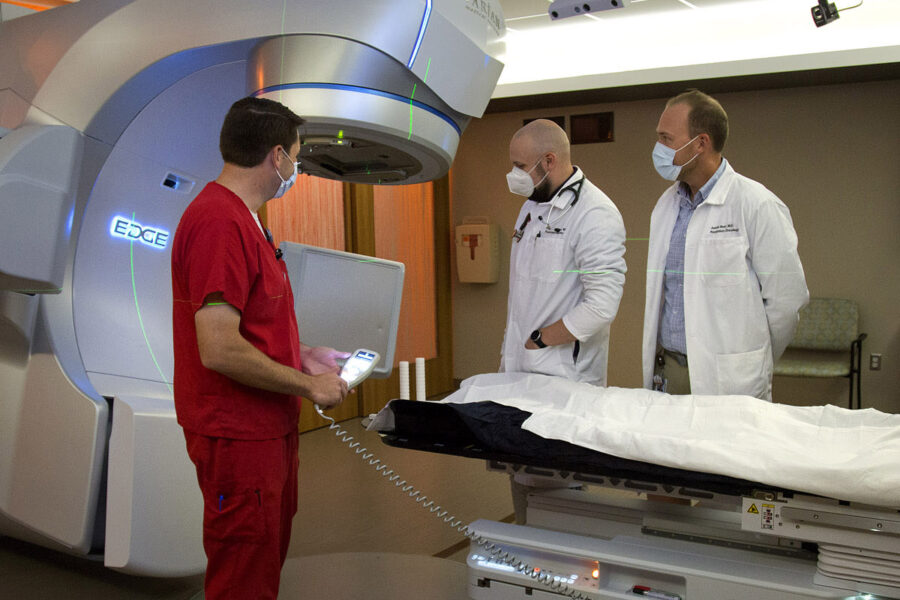
Radiation Oncology
Radiation is an effective form of breast cancer treatment where high energy sources (particles, x-rays, etc.) are used to kill cancer cells that may remain after the primary tumor has been removed surgically. It may be used at any stage of cancer, including metastatic disease to relieve pain associated with cancer.
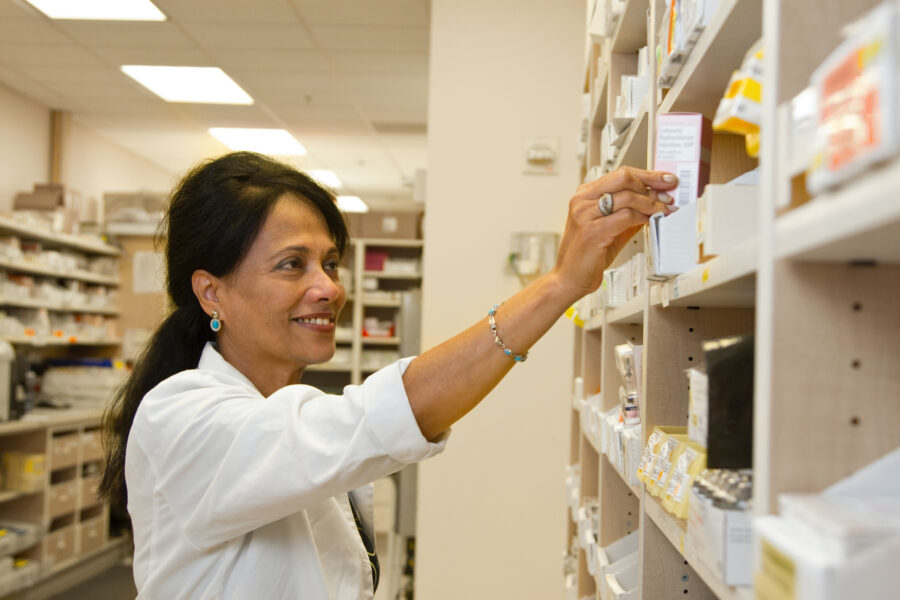
Endocrine Therapy
If you were taking hormonal replacement or birth control at the time of your breast cancer diagnosis, you may have been told by your health care team to stop. Therefore, it may be confusing that now your physician is talking to you about “hormonal therapy” for breast cancer risk reduction and/or therapy.

Distress Reduction
What is Distress? Distress is the term used to describe the unpleasant experience people have that affects them mentally, physically, socially and/or spiritually when they have cancer. Distress can make it hard to cope and affect how a person and their family members think, feel and act.
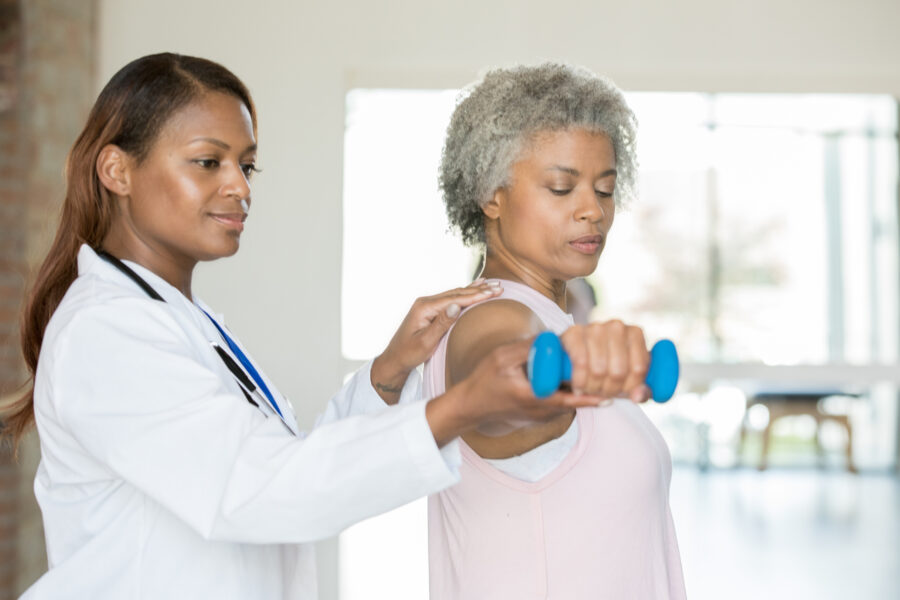
Lymphedema
Lymphedema may affect women following breast cancer surgery. Lymphedema, if it occurs, becomes a chronic problem involving swelling and discomfort of the arm and/or hand on the side of the surgery. Physicians and nurses should educate patients to help each individual woman understand her risk for lymphedema and risk reducing precautions to take during survivorship.

Fitness and Breast Cancer
There are many guidelines regarding physical activity in breast cancer. Although they may vary, most are in agreement with NCCN stating that the overall volume of weekly activity should be at least 150-300 minutes of moderate intensity or 75 minutes of vigorous.

Nutrition
For additional, reliable information regarding breast cancer and nutrition, please visit the websites: American Institute for Cancer Research https://www.aicr.org/ World Cancer Research Fund https://www.wcrf.org/ Third Expert Report https://www.aicr.org/research/third-expert-report/ Cancer Prevention Recommendations https://www.aicr.org/cancer-prevention/recipes/ Nebraska Medicine Cancer Survivorship Website https://www.nebraskamed.com/cancer/cancer-survivorship-program
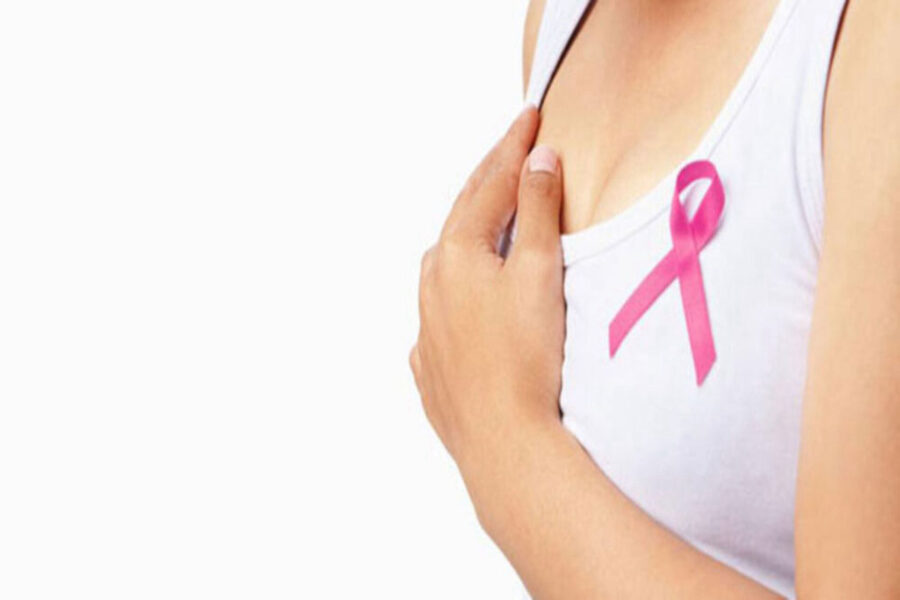
Plastic Surgery
For women who undergo mastectomy (breast removal), or have a large portion of their breast removed in order to rid the breast of cancer, plastic (reconstructive) surgery may be an option. As explained in this video, not all women want to undergo reconstructive surgery. But, for women who want to explore this option, this video […]
